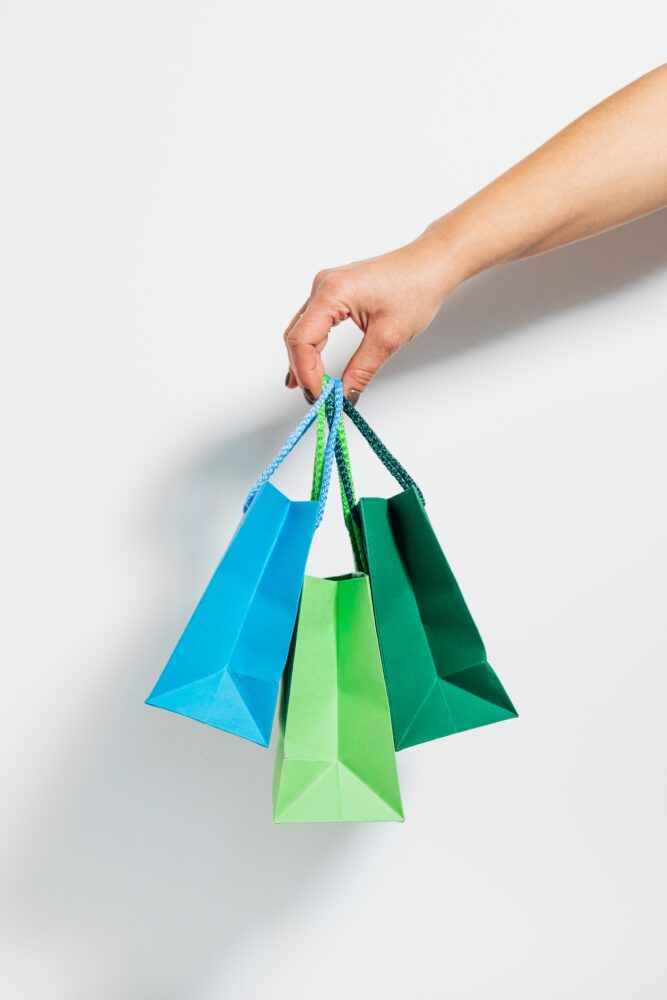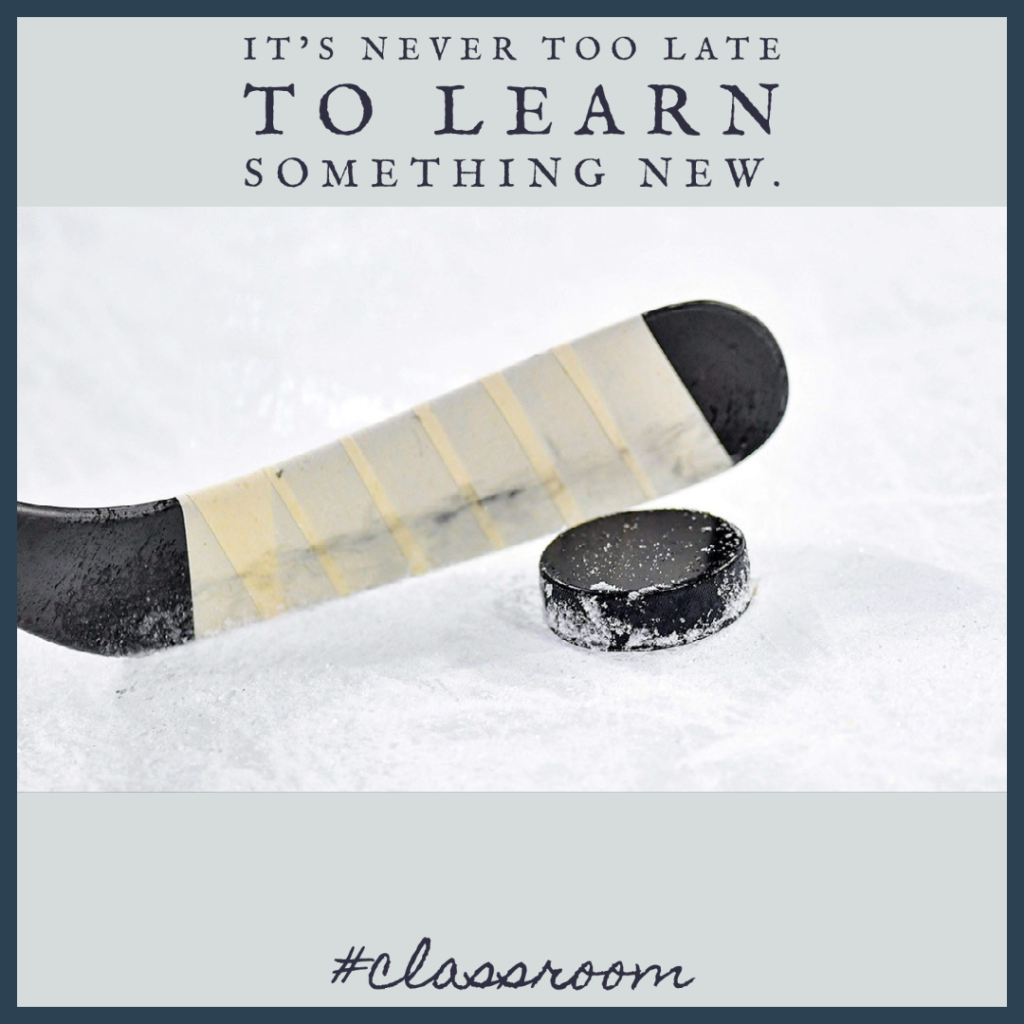classroom
Try something new – it’s never too late!
Table of Contents
As teachers, we love to encourage our students to try something new. But as adults with full lives, so often we don’t follow our own advice. I think that this is a huge mistake – learning new things at any age is important, and it can help us to become better teachers! If there’s something you have wanted to try, no matter how how big or small, it’s never too late to try something new! Remember when we all had to switch to distance learning? That was a crazy time, but somehow we all managed to learn the new tech and a new way of teaching!
Two of the things that I thought would be great for my “try something new” decision were playing hockey and taking cello lessons. These are both things that I picked up fairly late in life – I started playing hockey when I was 41 and I picked up the cello two years later. Both of these help me to be a better language teacher, but for different reasons. My family was not a hockey family. I did know how to ice skate, as I had done speedskating for a few years (also as a late beginner – in my early 30’s).
My son is a huge sports fan and I took him to one game for each of the big sports teams – NHL, NFL, NBA, MLB. He also happens to be legally blind, and this caused him trouble in being able to follow the action at the live event. The Coyotes games were the easiest for him to enjoy, as the live action on the jumbotron was visible to him.
We became season ticket holders and a few months later I decided that I wanted to try playing. I found a beginner league and signed up – my first practice at 3:30, and my first game at 4:25 on a Sunday afternoon. It was terrifying – but also immensely enjoyable! I couldn’t wait to go back.
Try something new: The hard part
Now three of us in the family play hockey and we’ve had so much fun playing together and in different leagues. I am not an athlete. I’m awful at hockey. It has taken me almost 9 years to get to the point where I feel like I can actually contribute (and I have!) I just started playing again 3 weeks ago after taking a Covid-19 pause and I’ve already scored a goal and gotten an assist) something on the ice. But it’s the hardest activity I’ve ever done.
There is SO MUCH to learn. Skating – not just turning left, but turning right, stopping, going backwards. Then add the stick and all of the skills you need to pass, shoot, and skate with the puck. Put it all together PLUS the mental challenge of playing a position on a team and it’s definitely a lot of work. But it’s also a lot of fun. And being bad at hockey helps me to be a better teacher because it reminds me of how it feels to do something – to want to do something well – and to struggle with it.
I’ve seen plenty of players get on the ice and pick it up quickly and easily – my husband is one of them. And then there’s me. The one who almost never falls – but who takes 5 times as long to learn to skate backwards. The one who loses the puck constantly – but with practice and effort can finally pass and shoot semi-competently.
Having to work so hard just to make a tiny bit of progress helps me to identify with those students in my class who struggle with language. I’m not stupid – it just takes me longer to learn a skill and more time to practice it before I’m able to do it. Some kids are like that too – they might need to hear an explanation 4-5 times or need an extra few days of practice. Those kids are in my class and being bad at hockey has allowed me to keep them in mind! The fact that they are being forced to try something new when they are so nervous and unsure of themselves can be anxiety-inducing.
Try something new: The easy part
The cello lessons are a different story. I’m actually VERY good at music. I played clarinet throughout high school and was at a very high level when I went away to university. I didn’t have a chance to play at college, but I still have my instruments. One day I realized that I was ready to try something new and finally learn to play the cello, something I had always wanted to do. I rented one and signed up for lessons. I could already read music, I already had a good ear, and my goal was to play the Bach cello suites. Any of them.
My first cello teacher sent me home with the assignment of Twinkle Twinkle Little Star. I told her my goal was to play Bach and she said “well, maybe in a couple of years…” I practiced every day and by the end of the third month, she said I might be ready to try a little Bach. It wasn’t great, I would not want to perform for anyone – but I was able to start the prelude of the 3rd cello suite. Since then I’ve played many more pieces and improved by leaps and bounds. I’m still not the best cellist in the world, but I’ve participated in several online collaborations and I’ve upgraded my cello and bow recently.
Learning cello gives me a different point of view. I pick it up quickly, just like some students pick up language quickly. That means that it is easy for me to get bored if I’m not challenged. When I try something new that I’m actually very good at and that I learn without trouble it helps me to keep in mind the students who pick up languages without trouble. They need to be challenged and given a purpose for what they are learning – just as I would have gone crazy playing Twinkle Twinkle Little Star for weeks on end!
It’s good to try something new, whether it comes easily to you or with more difficulty. There is always a lesson to be learned that we can apply to our own classrooms and teaching. Learning new things isn’t just good because it keeps our brains active, or because we are learning a new skill that we want to acquire – it’s good for the things it can teach us about ourselves and how we relate to others. Maybe you haven’t used this past year to improve yourself or to learn a new skill – but that’s OK! It’s never too late to try something new!



